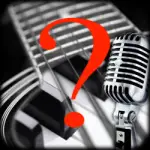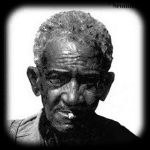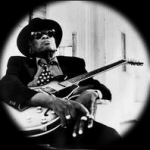Music Quiz Number 3
Prison, preachers and producers all feature in our latest Quiz, where even the wrong answers are all right.
Click on the answer you think is correct. Even the wrong answers might give you an interesting story!

Bo Carter came from a Delta Blues dynasty with which surname?

Whose first big hit was 'Juke'.
Whose stage name was 'Tampa Red'?
Which label issued John Lee Hooker's 'Boogie Chillun', which went to No.1 in the R&B charts in 1949.
